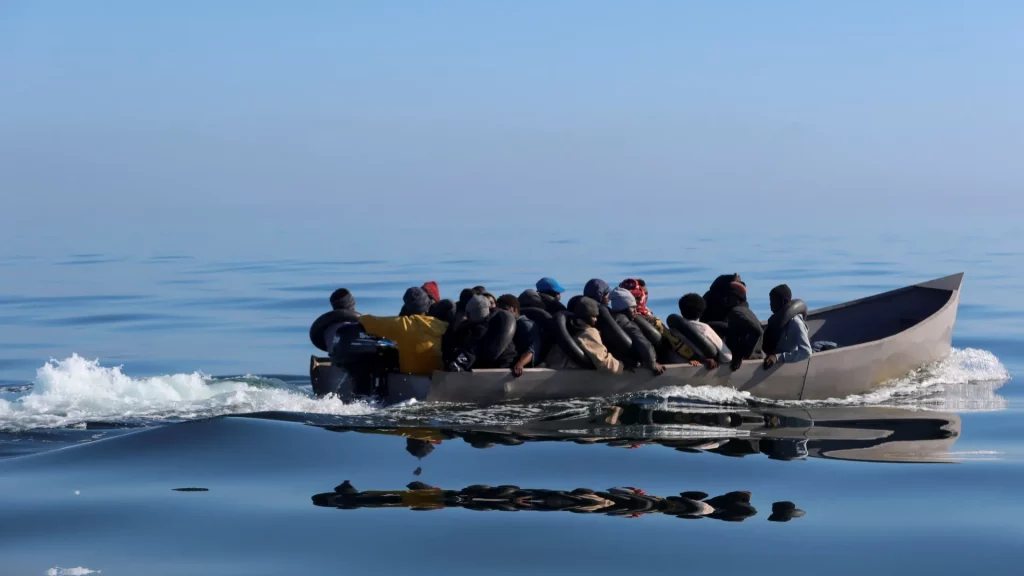EU allocates €165 million to Tunisia for migration management

The European Union (EU) has announced an investment of 164.5 million euros in Tunisia’s security forces in order to aid in managing migration flows. As reported by the Financial Times on March 24th, the funding will be allocated over a three-year period.
Last year, another migration agreement with Tunisia, saw a commitment of $135 million by the EU, a portion of which is still pending disbursement. These agreements are part of a broader effort to externalize migration management by the EU, with a similar deal being signed recently with Egypt. The EU is increasingly looking at its North African neighbors as it doubles down on anti-migration measures, betting that investments in security and border control forces, as well as in the economies of countries like Egypt and Tunisia, will limit migrant arrivals to Europe.
READ: Tunisian opposition critiques EU migration deal
Two-thirds of the projected funding for Tunisia will be directed towards the country’s security forces, with training and equipment for the National Maritime Guard, as well as boats and radars included in the deal. The remaining funds will be utilized in migrant return schemes as well as in efforts to dismantle human trafficking networks. The German federal police is also set to assist Tunis in improving its land border posts.
Tunisia’s security forces have been accused numerous times of serious human rights violations, with agreements with the EU resulting in increased boat interceptions, unlawful detentions, accusations of beatings, and illegal expulsions of migrants. The EU continues to face criticism over the human rights implications of its agreements, with allegations about fund mishandling and embezzlement also surfacing, the bilateral relationship between the union and Tunisia is often rocky despite these big financial commitments. In October of 2023, Tunisia returned €60 million of budgetary support back to the EU, describing it as “charity”, creating diplomatic tension between Tunis and Brussels.
READ: EU gives Tunisia 150m euros to stabilize economy
As the EU, is looking to sign similar agreements with other African nations, already securing one with Mauritania, it remains to be seen what the long-term impact of these deals will be for transit countries like Tunisia, as well as for the human rights of migrants, which are increasingly deteriorating as the EU looks to delegate migration management.
Financial Times
Want to chase the pulse of North Africa?
Subscribe to receive our FREE weekly PDF magazine














